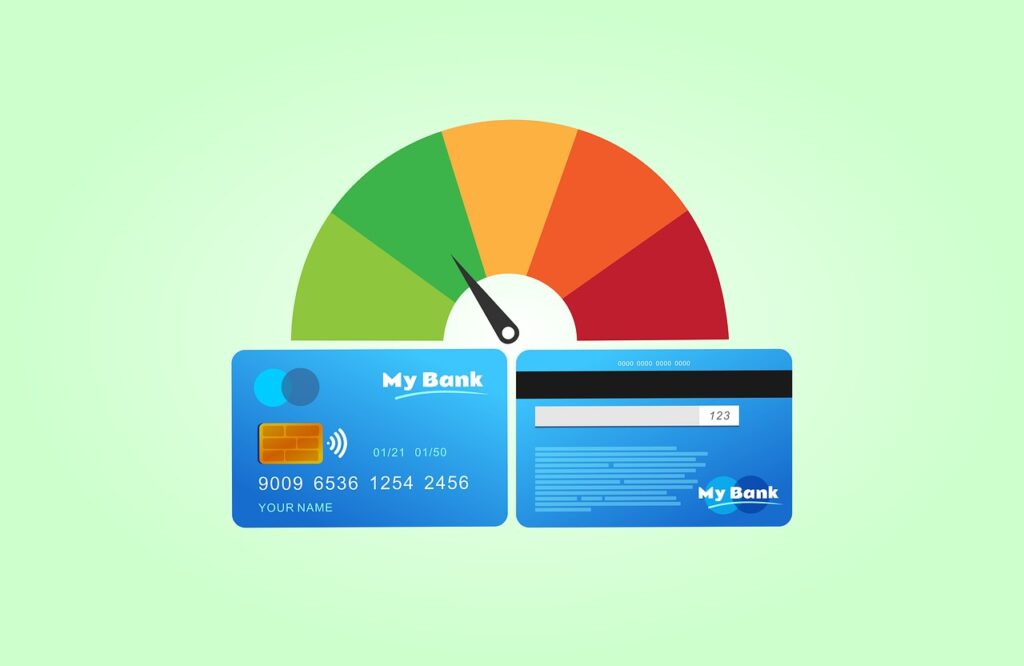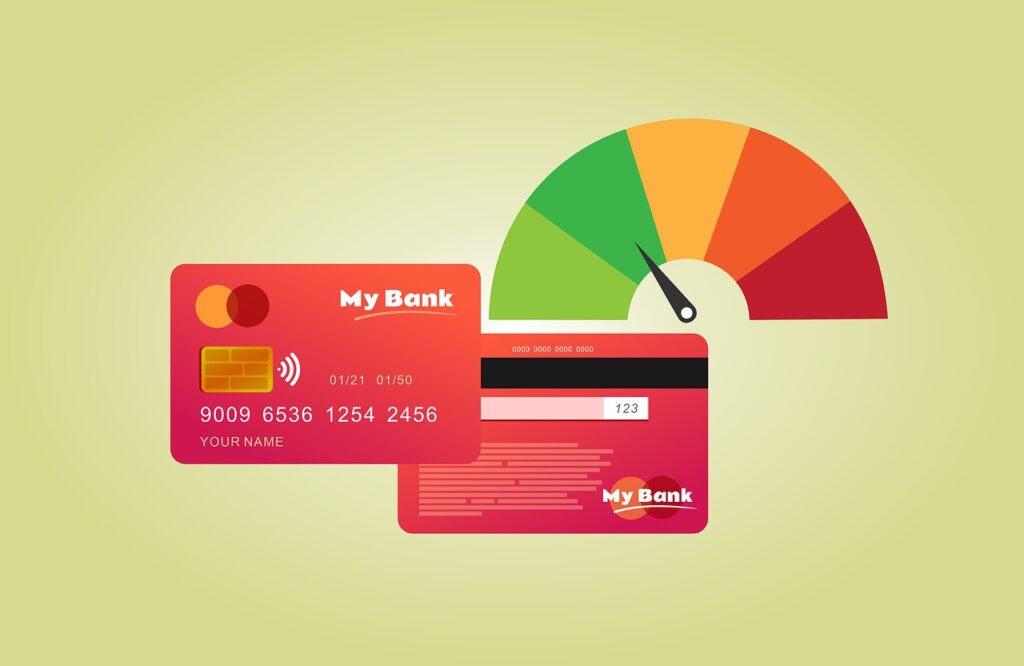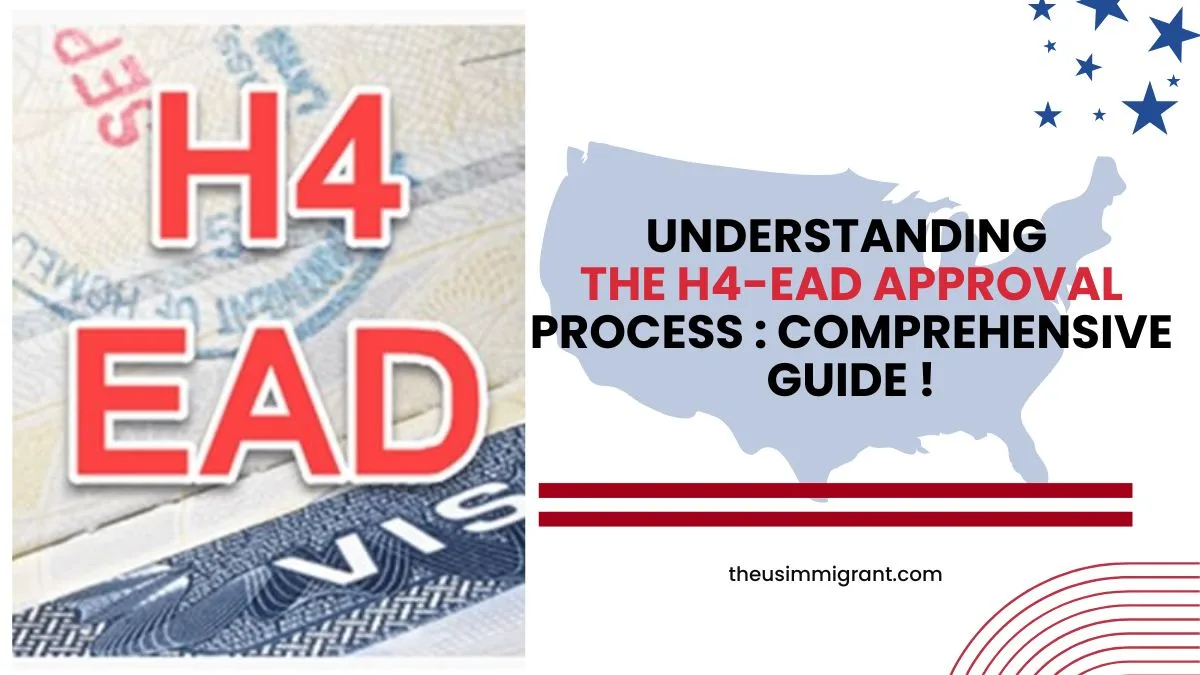Introduction
Your credit score represents more than just a rating point because it gives you direct access to many types of financial opportunities. This guide shows you how to improve credit score and explains what credit scores mean plus how they are calculated. It also describes tested ways to increase your score quickly.

Overview of Credit Scores and their Importance
A credit is a numerical figure that shows how creditworthy a person is.
It comes from their credit history. Lenders use it to gauge when lending money or giving credit.
Your credit score functions like an official financial performance measurement. Your results determine multiple financial opportunities such as loan approval, credit card access, housing rental possibilities, and employment prospects.
Tracking your credit score leads to financial success by helping you reach important future objectives.
How to Improve Credit Score Fast & Why a Good Credit Score Matters?
As a US Immigrant, a good credit score opens many doors.
Lower rates on loans & cards save you money over time.
With a strong score, getting a mortgage becomes easier, affecting both eligibility and loan terms.
If you are a new US Immigrant then landlords often check scores before renting out. They prefer higher scores.
Maintaining a good credit score helps you as well as your partner to move one step closer to being a strong applicant & provides assurance to the relevant authority to be eligible for a Green Card application. Having a strong financial history in the United States is one of the important parameters that is usually into consideration while evaluating your Green card application.
As a new US Immigrant, being eligible for applying for i-140 approval process can be one of the most vital statuses to be part of.
In addition to the Green Card application, a good credit score & strong financial history might also help to be a favored candidate while applying for the i-140 approval process.
Also, insurance companies & some employers look at them too. This shows how to build up credit score impacts your life.
Understanding Your Credit Score
What Makes Up a Credit Score?
Credit scores come from different factors; each part has its weight:
1. Payment History (35%): On-time payments matter the most.
2. Amounts Owed (30%): Total debt, especially vs your limits.
3. Length of Credit History (15%): Older accounts are better.
4. New Credit (10%): Recent accounts & hard checks.
5. Credit Mix (10%): Variety like cards, mortgages, and loans.
Knowing these parts helps you see where to improve and manage your score better.
The Impact of Different Credit Score Ranges
Credit scores range from 300-850: higher means better creditworthiness.
1. Excellent (800-850): Best rates & terms.
2. Very Good (740-799): Favorable rates & terms.
3. Good (670-739): Safe risk with average terms.
4. Fair (580-669): Higher rates, fewer options.
5. Poor (300-579): Limited access & very high rates.
Your score range guides financial choices and shows if improvement is needed urgently.
(P.S.: A Good rating from well-known credit bureaus like Equifax, Experian & TransUnion matters. Experian Credit Score is valued of high importance in the US banking industry)
Assessing Your Current Credit Situation
How to Obtain Your Credit Report
Reviewing your credit report regularly is important for keeping up a good score.
You can get one free report each year from Equifax, Experian Credit Score & TransUnion via AnnualCreditReport.com.
These reports give you information about your credit history including your accounts and payment records plus any poor marks.
Rephrase these steps to get your credit score moving up.
Finding Which Parts of Your Transactions Need Attention
Once you have your report, spot what needs fixing: You need to examine your records to see late payments plus high debt levels and mistakes. Make your progress faster by addressing these issues first. This will help how to increase credit score fast.
Proven Methods on How to Improve Credit Score Fast
Paying Down High-Interest Debt
One important factor in how to build up credit is that paying off high-interest debt quickly boosts your credit score significantly by reducing the overall debt burden and improving the utilization ratio.
Strategies for Reducing Credit Card Balances
Consider these methods:
• Debt Snowball Method: Clear the smallest debts first while paying minimums on larger ones.
• Debt Avalanche Method: Tackle highest-interest debts first.
• Balance Transfer: Move high-interest debt to lower-interest cards.
• Increased Payments: Add extra funds for card repayments whenever possible.
These help in managing & reducing card debt effectively for quicker score improvements.
Effective Payment Strategies
Importance of On-Time Payments
On-time payments are very crucial because they make up 35% of the total credit score.
Setting Up Payment Reminders and Automatic Payments
Set reminders via bank or card issuer—many offer email/text alerts—so you don’t miss due dates.
Consider automatic payments too for at least the minimum amount to avoid late fees or penalties.
Managing Credit Utilization
Understanding Credit Utilization Ratio
The ratio indicates what percentage of available credit you’re using.
It’s calculated by dividing total balances by total limits; lower ratios are better since they show less dependence on borrowed funds.
Tips for Keeping Credit Utilization Low
1) Pay Down Balances Regularly: Make frequent payments within the month to keep balances low.
2) Increase Limits: Ask for higher limits to reduce utilization ratios.
3) Spread Out Purchases: Use multiple cards to spread spending instead of maxing out any single one.
Managing this effectively improves scores & makes lenders view you as less risk
Handling Credit Inquiries Wisely
The Difference Between Hard and Soft Inquiries
Hard inquiries happen when lenders check reports during applications—they can slightly lower scores.
Soft inquiries occur when checking own reports or pre-approvals—not affecting scores at all.
You must understand these differences strategically for better management of inquiries regarding credits!
Minimizing Hard Inquiries for Better Credits
Avoid multiple applications in short periods—space them out only if necessary as each hard inquiry stays on reports for up-to two years & limiting them keeps scores higher longer!

Correcting Errors on Your Credit Report
How to Spot Common Credit Report Mistakes
While figuring out how to improve credit score, it is also important to spot common credit report mistakes.
Errors in your credit report can substantially impact your credit score.
Common mistakes include wrong personal details, inaccurate account info, & fraudulent accounts.
Examine your credit report meticulously for discrepancies like unfamiliar accounts, incorrect payment statuses, and duplicate entries.
Such issues need immediate checking.
Steps to Dispute & Fix Inaccuracies
If you detect errors in your credit report, take these to rectify them:
1. Contact the Credit Bureau: Lodge a dispute with the credit bureau that issued the report.
2. Provide Documentation: Submit supporting documents that prove the inaccuracy.
3. Follow Up: Track the status of your dispute and ensure corrections are made.
Timely correction of errors can restore your credit score & ensure your report reflects accurate history.
Building Positive Credit History
Using Secured Credit Cards
Secured credit cards are an invaluable tool for building a positive credit history.
Especially if you have limited or poor credit history.
These cards need a cash deposit as collateral, lowering lenders’ risk.
By responsibly using a secured card—making on-time payments & keeping balances low—you steadily build a robust credit history.
Becoming an Authorized User
Another effective method is becoming an authorized user on someone else’s credit card.
As an authorized user, the account’s positive payment record & low utilization ratio also helps in case you are figuring out how to build up credit score.
Make sure the primary account holder has good credit habits to make this strategy work best.

Leveraging Alternative Credit Data
Reporting Rent & Utility Payments
Rent and utility payments usually don’t appear on credit reports, but some services allow reporting these to bureaus.
When you make reliable credit report transactions you may earn better credit scores.
Explore tools from RentTrack and Experian Boost to show lenders you pay rent and utilities on time.
Using Credit Builder Loans
These loans teach people who have not built credit to start showing credit activity.
Your funds go into a savings account until you pay the loan back.
Once paid off, you receive the funds and an enhanced credit rating. These loans are excellent for starting from scratch.
Long-Term Credit Score Maintenance
Establishing Good Financial Habits
Maintaining a good score needs consistent financial habits.
Create a budget managing income & expenses, living within means.
Save money from your income at fixed intervals to build your emergency and future savings.
When you follow these guidelines you can learn how to increase your credit score while keeping your credit history in good shape.
Monitoring Your Credit Regularly
Checking your credit regularly provides you with accurate information about your standing while allowing you to spot problems quickly. E.g.; you can check Experian credit score as one of the tracking tools to monitor your credit score & find a way to figure out how to quickly raise credit score.
Use monitoring services that alert changes in your report—these assist in catching fraud, errors, or unexpected changes affecting scores.
Conclusion
Recap of Proven Methods
Your credit score improves when you handle debt properly, stay up-to-date on payments, keep credit use under control, and fix errors while using credit responsibly.
Following these methods consistently will enhance your credit rating and show you the right way to improve your score as a new immigrant.
Encouragement and Next Steps
Building ownership of your score is your path to financial independence.
Beginning with a detailed assessment of your financial state will lead you to use smart practices to build your credit score and open doors to new opportunities while keeping your finances protected.




